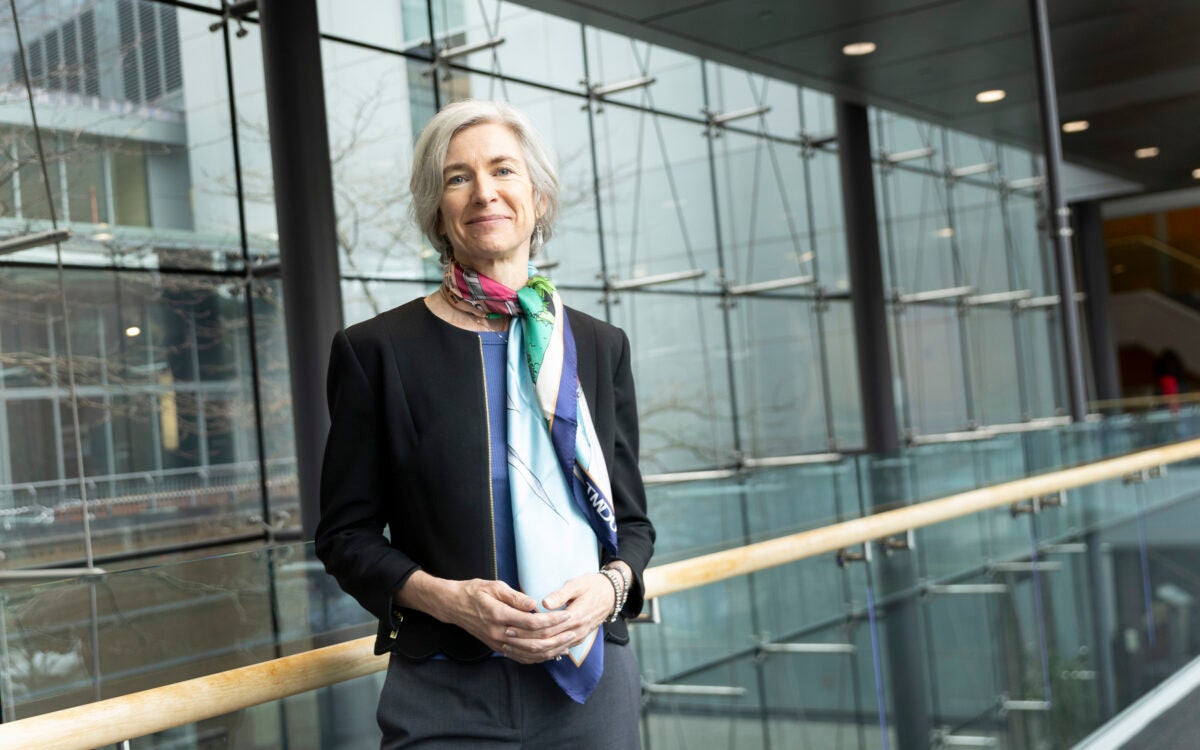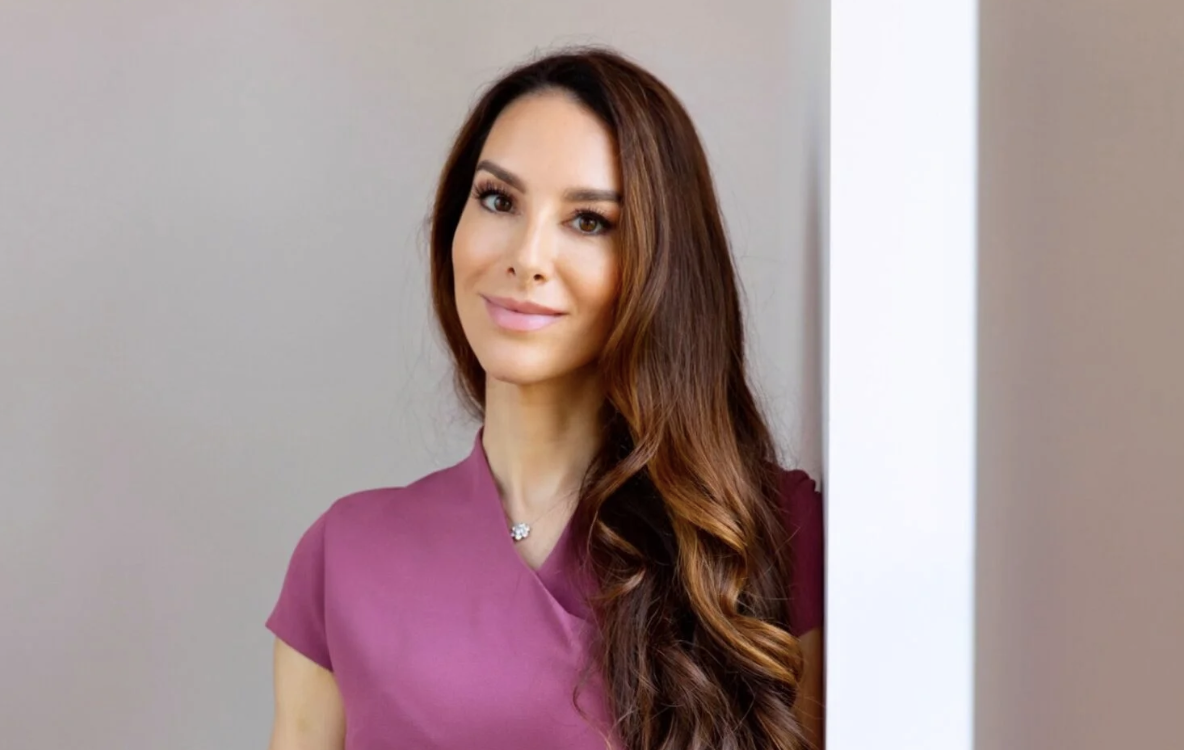Long-term memory not fixed until after age one
Human brain not sufficiently developed, researchers find
When does long-term memory develop? This was a natural question for Conor Liston, a Harvard senior, and his mentor Jerome Kagan, Starch Research Professor of Psychology. Liston conducted experiments under Kagan’s supervision, and they came up with an answer. “Our findings suggest that children have great difficulty recalling the past before the end of the first year of life,” says Kagan. Liston introduced three groups of children, 9, 17, and 24 months old, to a series of distinctive experiences. These included making a rattle by putting a plastic ring through a slot and into a bottle, then shaking the bottle. Four months later, he revisited the same kids and gave them the same toys. For the most part, the 9-month-olds, now 13 months of age, didn’t remember what to do with toys. The 17- and 24-month-olds, now 21-28 months old, however, showed robust memories of what they had seen and done with the objects. “We interpret this to mean that, at 9 months, the human brain is too immature to firmly register experiences, while at 17-21 months it has developed enough to record and retrieve memories of single distinctive experiences,” Kagan says.




